On August 22, 2025, the Politburo issued Resolution No. 71-NQ/TW on breakthroughs in education and training development.
A notable point in this resolution is the major change in the organizational structure of public educational institutions, which is: No school councils will be organized in public educational institutions (except for public schools with international agreements); and at the same time, the model of Party Secretary concurrently being the head of the educational institution will be implemented.
Immediately after its promulgation, the resolution became the focus of discussion in the public university system, because in recent times there have been many debates surrounding the existence of the University Council institution.
The question is: How to ensure the Party's comprehensive leadership principle while promoting the spirit of university autonomy? This is truly a difficult problem for managers, policy makers and experts in the field of higher education.
To have a more comprehensive view of this issue, Education and Times Newspaper had an interview with Associate Professor, Dr. Bui Anh Thuy, Dean of the Faculty of Law, Van Lang University.
- Sir, as an education and legal expert, how do you assess the current status of operations and roles of the School Council in public higher education institutions in recent times?
The University Council system was established when the Law on Higher Education was promulgated in 2012 and amended in 2018. Since then, the Party, the National Assembly , the Government and the whole society have placed high expectations on the University Council as a powerful body within universities.
Specifically, the School Council has the following functions: Deciding on strategies, development plans, annual plans; Issuing regulations on organization and operation, financial regulations, grassroots democracy regulations, etc.; Deciding on directions for enrollment, opening majors, training, training cooperation, scientific and technological activities, international cooperation; ensuring the quality of university education, etc.;
In addition, the School Council decides on the organizational structure, labor structure; on recruitment, use, management of cadres, lecturers, civil servants and employees...; Decides and submits to the competent management agency to decide on recognition, dismissal, and removal of the principal; appoints, dismisses, and removes the vice principal based on the principal's proposal...; Decides on policies to attract development investment capital sources; tuition policy, student support; approves financial plans; approves financial reports, budget settlement reports...;
The school board decides on investment policies and uses valuable assets…; supervises implementation, compliance with the law, implementation of democratic regulations and accountability of the principal…
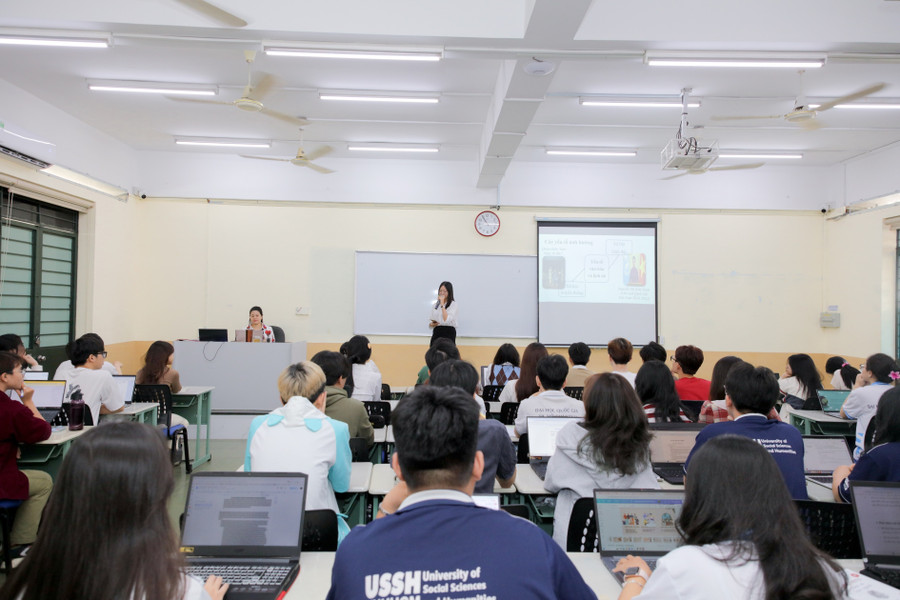
However, the implementation of the School Council in recent years has shown that the results have not met initial expectations.
In many higher education institutions, the University Council exists only in name, operates in a formal manner, is ineffective and does not really take on an administrative role. Many members of the Council hold concurrent positions, are often busy, rarely attend meetings; and when they do attend, they do not make any substantive contributions to important decisions of the school.
In addition, the provisions on the duties and powers of the School Council in the law are not really clear, leading to different understandings and implementations among schools, causing overlap in management. The parallel operation of the power institutions of the Party Committee and the School Council in some situations has given rise to conflicts and disagreements, delaying the decision-making process and affecting the effectiveness of governance.
In particular, the School Council model is not suitable for schools belonging to the armed forces, leading to difficulties in implementation and enforcement.
The above factors pose an urgent need for substantial changes in the role and position of the University Council in public universities, in order to ensure effectiveness, relevance and consistency in the governance of the higher education system.
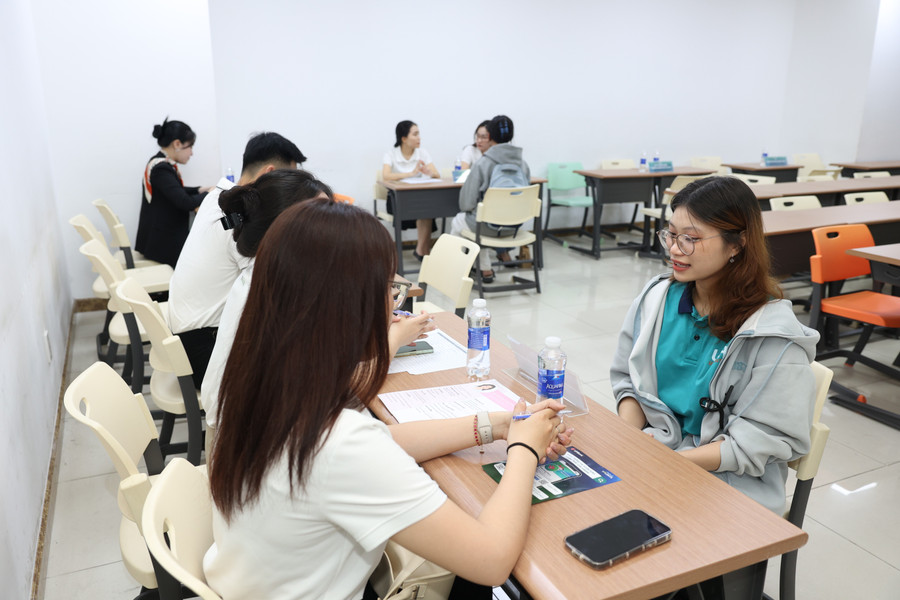
- Resolution 71/NQ-TW directs not to organize a School Council; the Party Secretary is also the head of the educational institution. How do you assess the impact of this direction on the implementation of university autonomy?
Resolution No. 71/NQ-TW has set clear goals to reform the governance model in public universities.
Accordingly, streamlining the apparatus and improving management effectiveness are demonstrated through the following orientations: Reducing administrative procedures, eliminating cumbersome processes, speeding up decision-making; Concentrating power on a single leadership point, thereby enhancing the personal responsibility of the head; Creating unity in leadership, minimizing conflicts and overlaps, ensuring smooth and effective operations.
The Resolution has provided specific directions for the entire political system, authorities at all levels and public higher education institutions. However, this important change also raises many issues that need to be carefully considered to ensure effective implementation.
Because the University Council is a fundamental institution for university autonomy. This institution assumes the role of realizing the autonomy and accountability of the university. In reality, the University Council does not bloat the organizational apparatus, because most of its members are part-time and do not receive significant allowances.
The abolition of the University Council, if not handled properly, could lead to a decline in the autonomy of universities. At the same time, the concentration of power in a single leader also poses risks to transparency, oversight and governance effectiveness.

- So what is the solution to both maintain the comprehensive leadership role of the Party organization and ensure real empowerment of university governance institutions, sir?
As mentioned, the University Council is the pillar of university autonomy. To successfully implement Resolution 71/NQ-TW, the State needs to promptly review and synchronously amend related laws such as the Law on Education, the Law on Higher Education, and the Law on Vocational Education, in order to create a solid legal corridor for the new governance model.
It is necessary to build a clear and effective monitoring and accountability mechanism to ensure the responsibility of the head and transparency in operation. Despite the change in model, substantive autonomy must still be guaranteed, because it is a key factor for the development of higher education.
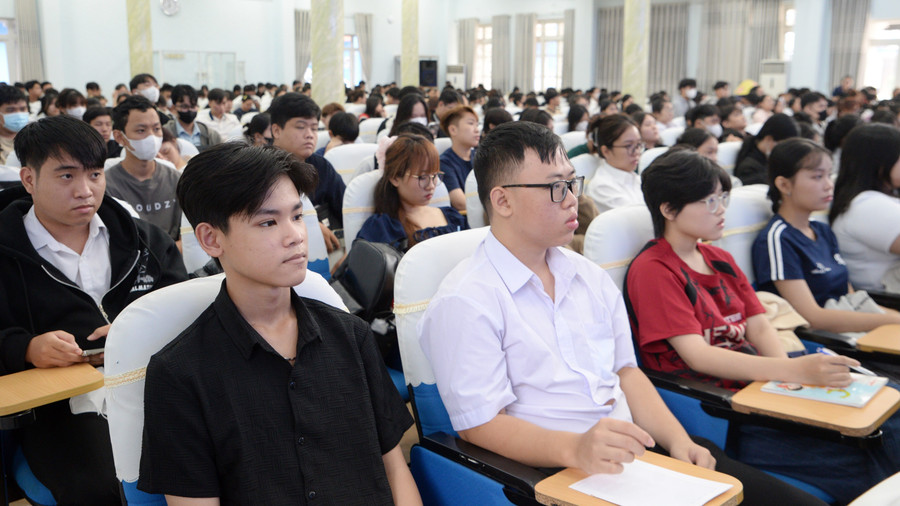
Autonomy is the core nature of modern universities, a prerequisite for carrying out the mission of training, research, innovation, and serving the country's development. In countries with developed education systems such as the United States, European countries, and Australia, the University Council is an indispensable institution to ensure academic autonomy, unique identity, independent accountability, and innovation capacity.
Vietnam is in the process of deep international integration. Without a corresponding governance institution to replace it, abolishing the University Council to return to a centralized mechanism could eliminate autonomy and diversity - which are the foundation for universities to promote their role in the period when the country is strongly transforming towards a knowledge-based economy, innovation and integration.
Autonomy cannot be real without democratic, representative governance institutions - similar to the current School Board.
- Sincerely thank Associate Professor, Dr. Bui Anh Thuy.
Source: https://giaoducthoidai.vn/khong-to-chuc-hoi-dong-truong-dau-la-huong-di-toi-uu-post747631.html


![[Photo] Panorama of the cable-stayed bridge, the final bottleneck of the Ben Luc-Long Thanh expressway](https://vphoto.vietnam.vn/thumb/1200x675/vietnam/resource/IMAGE/2025/9/30/391fdf21025541d6b2f092e49a17243f)
![[Photo] General Secretary To Lam, Secretary of the Central Military Commission attends the 12th Party Congress of the Army](https://vphoto.vietnam.vn/thumb/1200x675/vietnam/resource/IMAGE/2025/9/30/9b63aaa37ddb472ead84e3870a8ae825)
![[Photo] The 1st Congress of Phu Tho Provincial Party Committee, term 2025-2030](https://vphoto.vietnam.vn/thumb/1200x675/vietnam/resource/IMAGE/2025/9/30/1507da06216649bba8a1ce6251816820)

![[Photo] Solemn opening of the 12th Military Party Congress for the 2025-2030 term](https://vphoto.vietnam.vn/thumb/1200x675/vietnam/resource/IMAGE/2025/9/30/2cd383b3130d41a1a4b5ace0d5eb989d)
![[Photo] President Luong Cuong receives President of the Cuban National Assembly Esteban Lazo Hernandez](https://vphoto.vietnam.vn/thumb/1200x675/vietnam/resource/IMAGE/2025/9/30/4d38932911c24f6ea1936252bd5427fa)




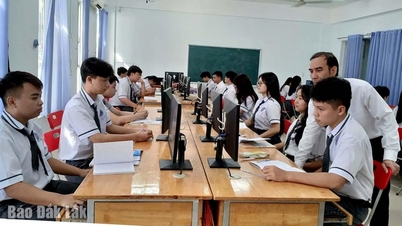

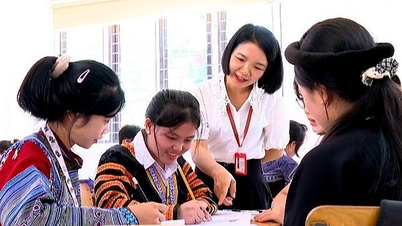



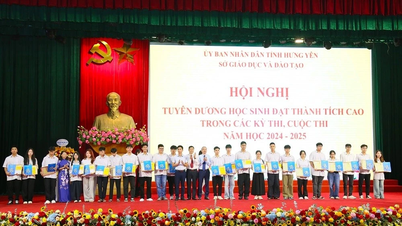




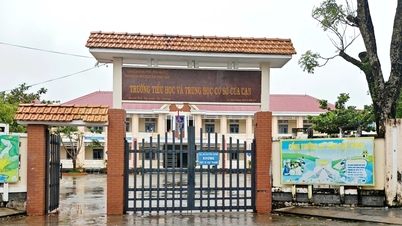













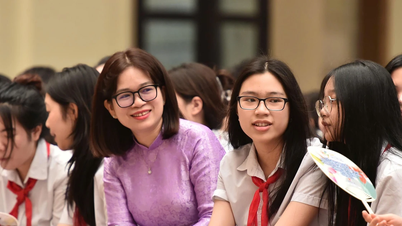
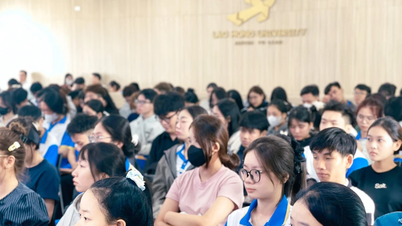
















































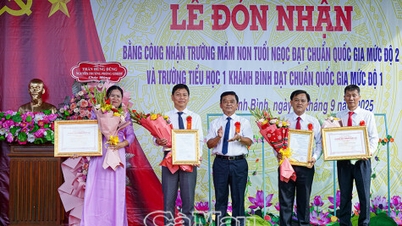



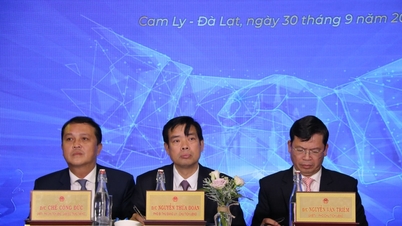
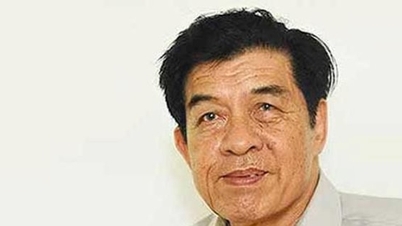














Comment (0)